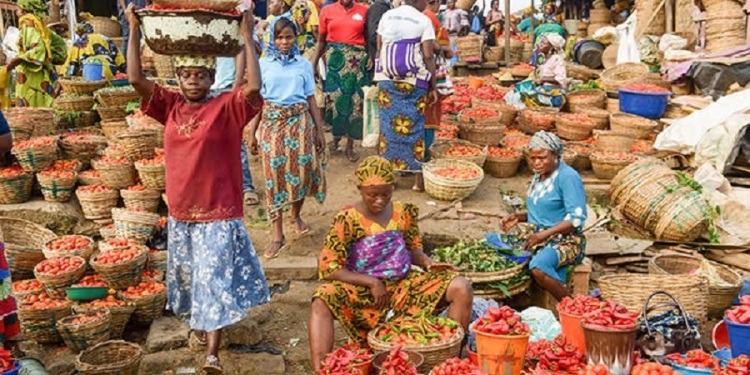Experts have projected a sustainable economic growth into the year 2022 following a report by the National Bureau of Statistics (NBS) that Nigeria’s economy grew by 3.4% year-to-year in 2021 with an estimated value of N72.39 trillion in real terms, representing an uptick from the 1.92% contraction recorded in the previous year.
This was stated by those well familiar with the matter during a webinar on ‘Nigeria’s Economic Landscape – a blend of optimism and uncertainty’ hosted by Coronation Merchants Bank.
The webinar provided an avenue for discussion on emerging trends in the economy as well as the projection on the possible turnout of events for 2022.
What experts are saying
Dr. Biodun Adedipe, Founder and Chief Consultant, Adedipe Associates pointed out that the estimated growth of the Nigerian population in 2021 was 2.55% in 2021; a downward trend from about 3.2% and represents the first time in the last 20 years when the Nigerian economy grew faster than the rate of its population.
He said, “If we look at the Nigerian Economy we can now confidently say that what drives the economy is the non-oil sector rather than the misinterpretation that the oil sector drives the economy and that essentially, is the proof that we see in the data currently looking at the happenings in 2021.
“Indeed, we have seen the pattern in the last ten years for certain sectors of the economy – agriculture, ICT, manufacturing and real estate – accounting for a huge contribution to our GDP, that gives you a pointer as to where the most value is been created out of economic activities in Nigeria.
“The other side of the pendulum is the oil sector which has repeatedly accounted for less than 10 percent in terms of contribution to our GDP and that has been the challenge of managing this economy. Over the years, the question we ask is; the time when oil price was favourable to Nigeria, what did we do with the revenue? Did we use it to support growth in the non-oil sector? We missed that opportunity, so looking forward therefore, it is now obvious to everyone that what drives the economy is the non-oil sector and that means that is where we need to pay a lot of attention.”
Commenting on GDP data, he stated that there is a whole lot of activity not captured in the GDP data. He said, “the sector called the nano or micro sector is always on the run on a daily basis and their data is hardly captured. When you look at this in the context of where we are, one cannot take any view other than the fact that the economy this year will grow very strongly. As for the base effect, some see it as one-off but what drives the economy and the fundamental has not changed, therefore I expect the growth to be sustained this year beyond what most people say.”
Joseph Nnanna, Chief Economist at the Development Bank of Nigeria also agreed that the driver of growth would be the MSMEs as the influx of cash continues to open the way for economic diversification.
He said, “I see it from the lens of all the funds coming into the engine of economic growth, which is the MSME. Economic diversification is key to achieving this and we know that the central bank has done a lot by pumping funds to the sectors.
“However, considering the quantum of funds put into this space, I feel the economy should have transpired in the manufacturing and agricultural sector. Notwithstanding, there has been some considerable growth but the downside is herdsman clashing, low yields due to lack of adequate irrigation and so on.
“If farmers are not secured, they won’t go to the farm and this would, in turn, affect the real economy as prices of goods and services go up and that’s why food inflation is up.”

